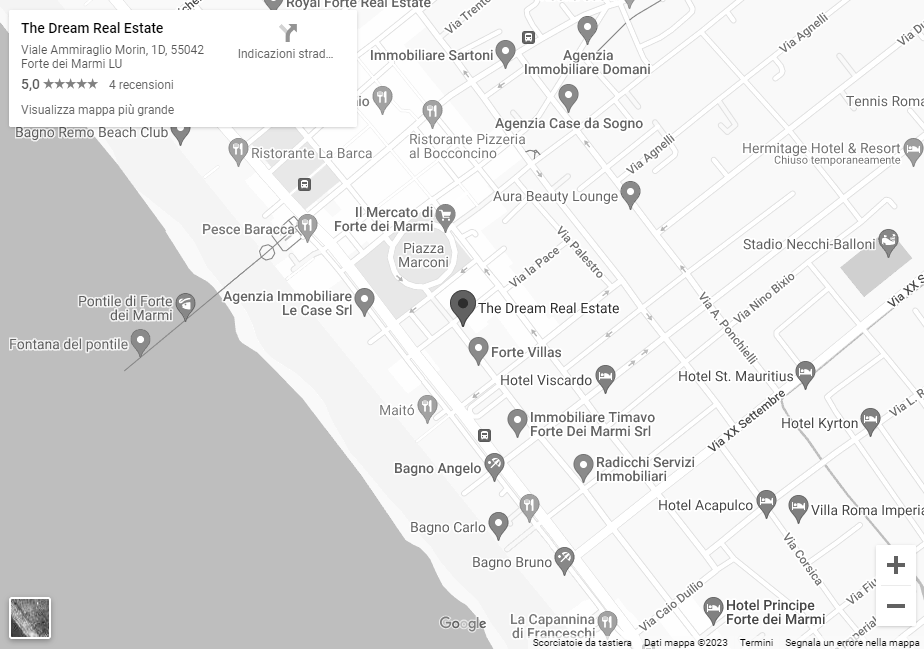Purchase proposal, preliminary, deposit, price deposit… Are we sure we know exactly what all the terms that recur in buying and selling a property mean? And to fully understand what the different stages of the transaction are?
Authoritative help comes from the notaries, public officials appointed by the state to enter into contracts for buying and selling real estate, who, through the National Council of Notaries, have developed a series of guides for citizens.
Let’s look at the essential points.
The purchase proposal

Usually the purchase proposal is drafted by filling out a form prepared by the real estate agency. It includes some basic data, starting with those necessary to identify the owner and the buyer, but also the property under negotiation, the price proposed by the buyer, the terms of payment, and in general all the information that will then be needed, in case of a positive outcome, to conclude the purchase and sale.
It is, of course, the buyer who signs the document, and until it is also signed by the seller, only the buyer is bound to abide by it. However, the moment the seller, if he agrees to all points of the purchase proposal, signs it in turn, both parties are obliged to abide by it.
The proposal must be registered with the Internal Revenue Service, unless the preliminary contract of purchase and sale is made within 30 days of acceptance of the proposal.
The preliminary contract
The preliminary, or compromise, is the contract that obligates both parties to enter into the final contract, or the deed.
It must contain the main elements of the sale, most of which are already contained in the proposal, and also must indicate the date of the deed.
It is also advisable, the notaries suggest, to define in detail all the obligations to which the two parties are bound before the delivery of the property.
In order to guarantee the buyer, especially in some special cases (for example, if substantial down payments are envisaged, or if the time between the preliminary and the deed is very long), it is advisable that the preliminary be notarized and transcribed in the Real Estate Registries.
Indeed, the transcription counts as an actual reservation of the purchase of the property. This means, among other things, that any creditors of the seller will not be able to register a mortgage on the property or foreclose on it.
If, before the deed is signed, one of the contracting parties changes his mind without any valid reason, the other can, by law, request the intervention of the court to obtain compliance with the contract, or its termination: in this case, a claim for damages suffered as a result of the breach can be made.
The deed

The deed is the final public deed of sale and purchase.
As a rule, delivery of the property takes place simultaneously with the signing of the deed. However, the parties can agree to:
— an early delivery (the seller remains the owner of the property and responsible for it for all legal purposes);
— a deferred delivery, for the needs of the seller (the contractual covenants should include the deadline by which the delivery must be made, with a possible penalty for the case of delay).
What the notary certifies in the deed is by law full evidence for all purposes, including before the court.
The deposit of the price
For a number of years now, the law has provided the buyer with the right to request that the balance of the price intended for the seller be deposited with the notary who executes the deed, until the contract is transcribed.
The purpose of the provision is to protect the buyer from the risk that, between the date of the deed and the date of its transcription, a mortgage, seizure, foreclosure or other encumbrance on the property will emerge against the seller.
The deposit guarantees the buyer that the agreed sum will be paid to him in any case, after the transcription of the deed.
After the deed
After the deed is signed and within a short period of time, the notary performs a number of tasks:
— registers the deed with the Internal Revenue Service and pays, on behalf of the client, the relevant taxes;
— deposits the deed in the Public Records to make it known and effective against all (technically «third parties»);
— performs cadastral turn-over to update the Land Registry on the ownership of the property.
The value of professionalism
The law therefore protects both parties during all stages of the negotiation, up to its conclusion.
However, one should not forget, nor underestimate, the role of the real estate agent, who acts as a true consultant. Turning to a thorough and trained professional, capable of solving problems that may arise during the negotiation, allows you to arrive at the deed without worries, with the confidence that every detail is addressed with the utmost care, in the sole interest of the client. And it guarantees a successful purchase and sale.







